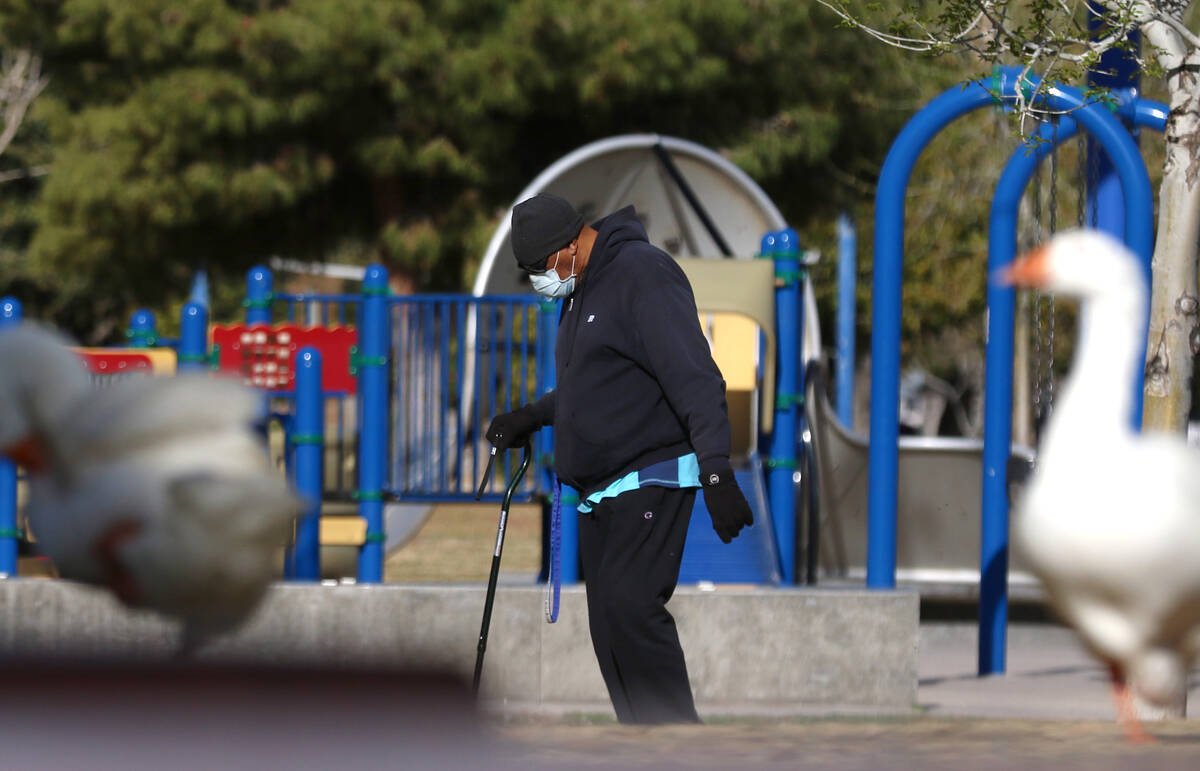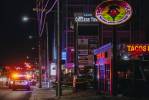COMMENTARY: Did the nation learn anything from COVID?
The lockdowns instituted during the COVID pandemic were only supposed to last a few days. Remember, “14 days to flatten the curve” was all that was needed to keep hospitals from being overwhelmed by patients infected with the rapidly spreading novel coronavirus.
Two weeks turned into three, then months. The impact was felt across the nation. Schools were closed, disrupting the education of millions of children. Businesses were shut down, leading to job losses and economic hardship. States such as California and Kentucky enforced the lockdowns with ruthless efficiency. The free exercise of worship and assembly was crushed on the altar of public health and safety. Commercial activity in the world’s most powerful nation ground almost to a halt, but the virus kept killing, mutating and spreading.
Was it worth it? A new report from the Committee to Unleash Prosperity, authored by experts, including the Hoover Institution’s Scott Atlas, who served as an advisor to the White House Coronavirus Task Force, and economists Steve Hanke from Johns Hopkins University and Casey Mulligan from the University of Chicago, concludes that the lockdowns cost more lives than they saved.
“The ordered shutdown of our schools, churches and businesses brought little health benefits while imposing multi-trillions of dollars of long-term societal costs,” the report says.
“We did not focus on theories or models. We looked at cold, hard facts,” said Phil Kerpen, president of the Committee to Unleash Prosperity and the report’s final co-author. “The evidence is overwhelming. Lockdowns, school closures and societal panic/disruption resulted in a staggering number of excess non-COVID deaths in the United States versus zero in non-lockdown Sweden.”
Kerpen estimates policies implemented during the lockdowns saved fewer than 16,000 lives while causing about 400,000 extra deaths and imposing other costs that are staggering, including the loss of 49 million jobs, hundreds of thousands of business bankruptcies and hundreds of thousands of excess deaths from loneliness, depression, alcoholism, drug abuse and delayed hospital care.
Catastrophes such as these are usually studied by bipartisan, blue-ribbon commissions that issue recommendations to prevent things from happening again. Not in this case, one might suspect, because the policymakers who originated and enforced the lockdowns are still in a position to keep people in the dark.
Even in China, where popular opinion doesn’t matter, the investigation into the virus’s origins hit a brick wall thanks to what news reports have called “bureaucratic infighting.”
Too many people have been left with the impression the lockdowns worked. The Committee to Unleash Prosperity report shows that’s the wrong lesson. We need to look harder, no matter how uncomfortable that might be. The public’s health and safety and the exercise of our civil liberties are at stake.
There are a few “lessons learned” in the report that should inform policymakers’ decision-making in the next crisis, among them: “Leaders should calm public fears, not stoke them.” During the pandemic, the authors of the report say, responsible officials in the public eye “intentionally stoked and amplified fear, which overlaid enormous economic, social, educational and health harms on top of the harms of the virus itself.”
Indeed, the crisis was wielded as a cudgel by some public health officials, the media and policymakers. They seemed more interested in stopping the re-election of a president than in arresting the spread of the novel coronavirus. And if they did indeed deliberately ignore proven pandemic countermeasures and sound science in furtherance of a partisan political agenda, the public has the right to know.
There’s more to be studied. No nation that used lockdowns to prevent COVID from spreading can claim success. “The best-performing major country in the world was Sweden,” Kerpen said, “which did not employ mandatory lockdowns. Yet, to the extent that official and unofficial commissions in many countries have issued reports, they say the principal lesson to be learned from the pandemic is to lock down harder and faster. The evidence doesn’t support that. It tells us that the lockdown policies must never be imposed again.”
“Ten Times Better”r.
Peter Roff is former U.S. News and World Report contributing editor and UPI senior political writer. You can reach him at RoffColumns@gmail.com and follow him on X @TheRoffDraft.





























